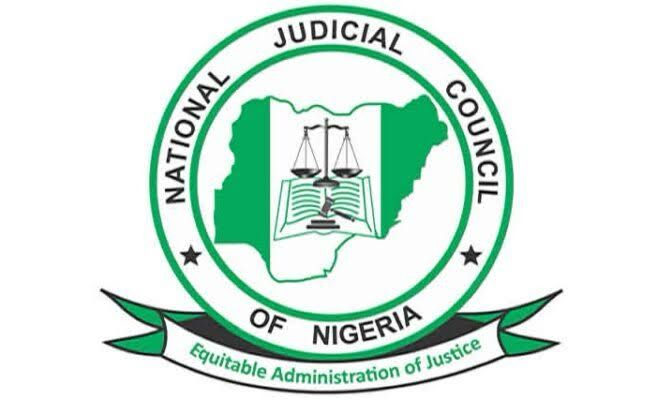The National Judicial Council (NJC) has invalidated the appointment of Justice Theophilus Nzeukwu as the Acting Chief Judge of Imo State, directing Governor Hope Uzodinma to reverse the decision and appoint the most senior judicial officer in the state, in accordance with constitutional provisions.
In a statement released after its 108th meeting held on April 29 and 30, 2025, the NJC emphasized that the appointment violated Section 271(4) of the 1999 Constitution, which mandates that the most senior judge of the High Court should be appointed as acting Chief Judge when the position is vacant.
The NJC revealed that Governor Uzodinma had previously written to the Council, requesting approval to appoint Justice Nzeukwu, who is fourth in the hierarchy of judges in the state. However, the Council had not yet considered the request before the governor proceeded with the appointment. The Council has instructed Justice Nzeukwu to explain within seven days why disciplinary action should not be taken against him for presenting himself for swearing-in, contrary to constitutional stipulations.
Additionally, the NJC has taken disciplinary actions against three judges for misconduct. Justice Jane Inyang of the Court of Appeal, Uyo Division, was suspended for one year without pay for abusing her office by issuing inappropriate ex parte orders for the sale of a petrol station and other businesses during her tenure at the Federal High Court, Uyo Judicial Division.
Justice Inyang Ekwo of the Federal High Court, Abuja Division, was also suspended for one year without pay and placed on a five-year watch-list for delivering a ruling in a pending application without hearing the parties involved.
Similarly, Justice Aminu Baffa Aliyu of the Federal High Court, Zamfara Division, was suspended for one year without pay and placed on a three-year watch-list for granting orders restraining security agencies from carrying out their statutory duties, thereby disregarding the doctrine of stare decisis.
The NJC’s actions underscore its commitment to upholding judicial integrity and ensuring that appointments and conduct within the judiciary adhere strictly to constitutional and ethical standards.
The Council also announced plans to enhance transparency in judicial appointments by inviting public input on candidates being considered for positions in superior courts. This move aims to solicit comments regarding the integrity, reputation, and competence of potential appointees, thereby opening the process to public participation and scrutiny.

